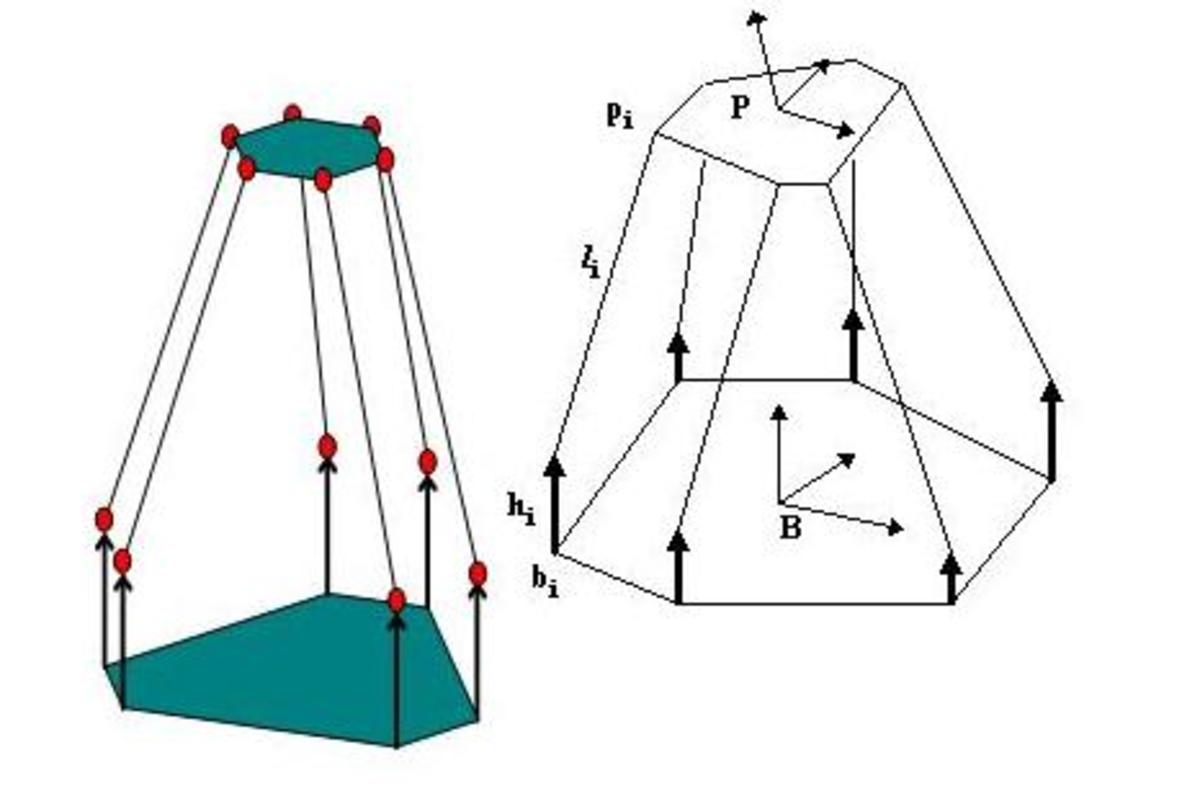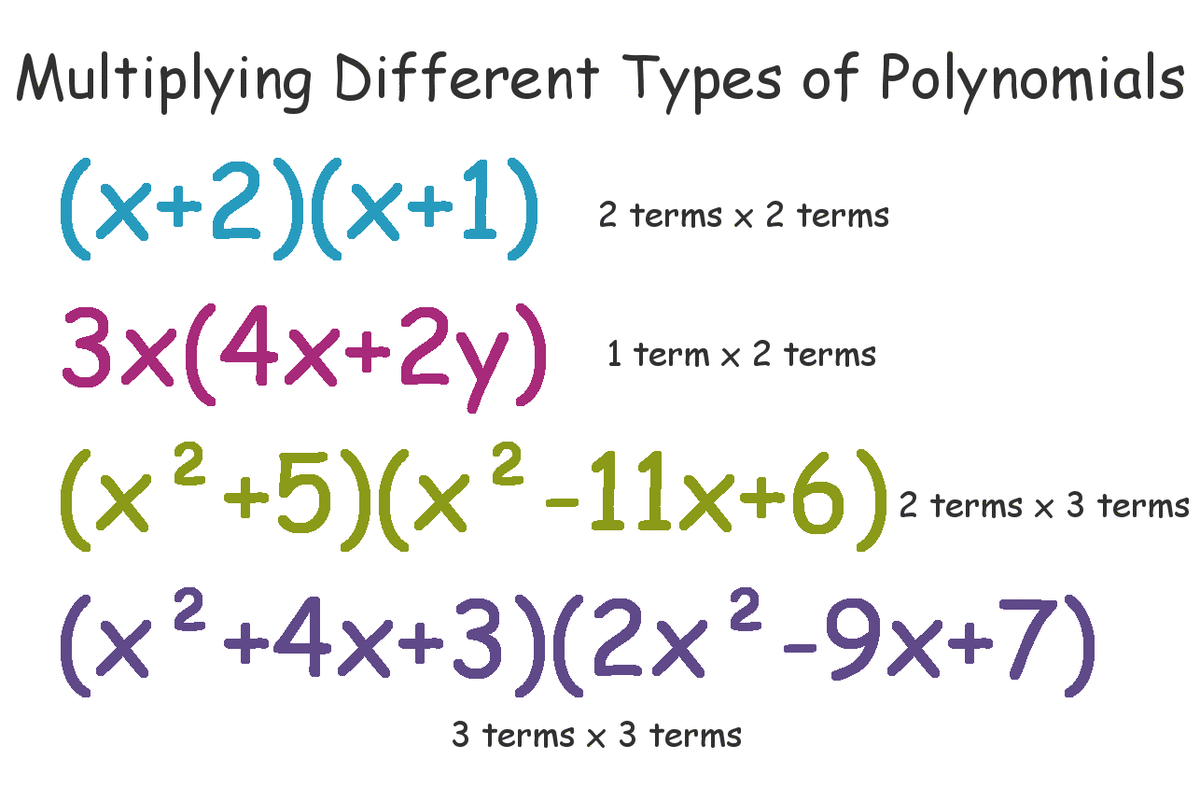Engineering Versus Science – the Differences, the Similarities and the Overlap
How Are Engineering and Science Different?
Scientists try to observe the world and understand how it works. Engineers focus on building things and making things. Scientists in theory focus on theory, though labs are full of people running medical tests, chemical analysis and other studies that answer real world questions necessary to actually do things. Engineers learn scientific principles, as do scientists.
However, engineers use that information along with many techniques to apply that information in the real world. Many scientists work exclusively in the theoretical realm.

Why Are the Terms Engineering and Science Often Used in the Same Disciplines?
The confusion about engineering versus science occurs in part because of the use of both terms in the same academic departments in college. For example, many colleges offer degrees in both computer science and software engineering. Computer scientists may work on new algorithms and programming languages, while software engineering is focused on the software development process and actual programming. In this case, the computer science is more theoretical while the engineering is the application of the computer science from using the programming languages they create or including new algorithms while coding.
The chemist, a scientist, may run lab tests or study enzymes found in nature for new medical uses. The chemical engineer works in a refinery or production facility to create specific compounds for human use. Both of these professionals study chemistry, but the chemical engineer spends more time studying the mechanical principles and industrial processes necessary to create products while the chemist learns lab techniques and may specialize in one narrow niche.
An environmental scientist tries to understand the relationships in an ecosystem or factors that impact specific species. The environmental engineer tries to mitigate problems, whether altering drainage in a landscape or improving air quality in a building. Environmental engineers study environmental science, but they’ll learn many civil engineering concepts, too, in order to use that knowledge to improve building construction or landscaping.

How Are Engineering and Science Related?
Engineering and science are not exclusive to each other. Engineering relies on scientific principles. However, engineering is best seen as the application of specific scientific principles. Engineering tends to rely on physics and material science. Direct observations in the field by engineers often flow up to scientists to understand nuances of scientific theories or give information that contradicts commonly understood theories.
Engineers sometimes take new principles and look for ways to apply them, leading to technological innovation. The story of the Raytheon engineer who walked past a radar array and had the chocolate bar in his pocket melt, leading to the discovery of microwaves, is one good example. Scientists studied the phenomena the engineer discovered, and Raytheon engineers then used the information to build “microwave” ovens.
Engineers can engage in research, such as building with new materials, testing new construction methods and testing a variety of products in the real world to determine the mathematical models that can be used to estimate how they’d act, on average, in future simulations.
Another similarity between engineering and science is their methods. The scientific method involves asking a question, doing research, creating a hypothesis, test the hypothesis, analyze data, compare to hypothesis, adjust hypothesis and/or retest, then communicate results. The engineering method starts with defining a problem, doing background research, specifying requirements, choose a solution, develop a prototype or just build it, verify it meets requirements, fix it or say it is finished.
The Six Sigma process improvement methodology and other continuous improvement methodologies are similar to the testing and refinement of theories per the scientific method, though the engineering design improvement process can go on forever as customer requirements and business needs change while a theory proven true is settled unless some major theoretical discovery is found that contradicts it.








